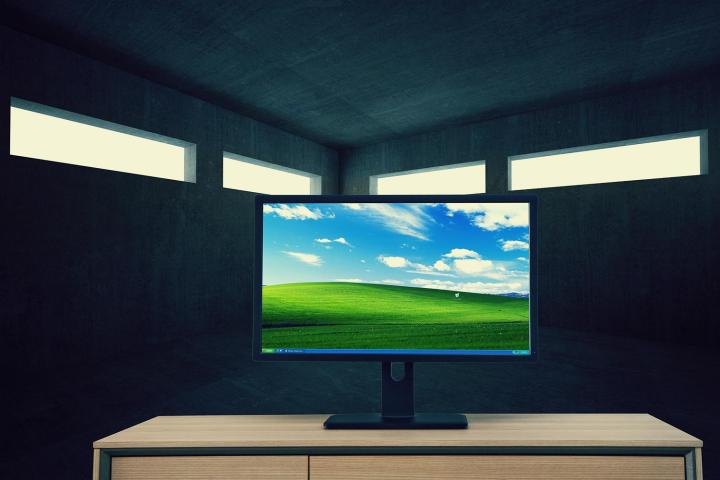
Update: Microsoft provided the below statement regarding its most recent security report.
“There was an increase in computers cleaned from malware (CCM) in the 4th quarter of 2013. This increase was predominately due to a new detection added to Microsoft’s security products for a threat known as Rotbrow. Rotbrow is a threat that uses deceptive tactics instead of software vulnerabilities to trick its victims into installing malware. Rotbrow was more prevalent on Windows 7 and Windows Vista, likely for monetization purposes (e.g. Click Fraud, etc.). It is important to note that the rise in computers cleaned in the chart below is not an indication of the operating systems security effectiveness. Deceptive tactics can trick anyone. Detections of Rotbrow significantly decreased after December 2013 once systems were cleaned and we expect the CCM infection rate to return to more typical levels in subsequent quarters as the Malicious Software Removal Tool and other security products work to clean the remaining backlog of old Rotbrow infections.”
It’s also worth noting that the data in the report is normalized. This means that, for example, an equal number of computers running Windows XP were compared to an equal number of PCs running Windows 8.
Original Story
Microsoft continues to warn that sticking with older operating systems like Windows XP could potentially spell disaster, and leave those computers more vulnerable to malware. In fact, the tech giant has some new numbers that back up those alleged claims as well.
According to Microsoft’s newest Security Intelligence Report, of the versions of Windows that have been released since Windows XP hit the market back in 2001, Windows Vista, which was released in 2007, is the most vulnerable of them all. Its rate of infection is numbered at 3.24 percent. At 2.59 percent, Windows 7 carries less risk. That number dips down slightly to 2.42 percent for Windows XP.
On top of that, Microsoft’s report also states that Windows 8.1 is the safest operating system of them all, carrying an infection rate of 0.08 percent. Meanwhile, though Windows 8 is significantly at greater risk (1.73 percent) compared to Windows 8.1, according to Redmond’s report, it’s still significantly safer than Windows 7, Windows XP, or Windows Vista.
However, when looking at these numbers, what one must taken into account is the simple fact that Windows 7 and Windows XP are both used by tens of millions of more people than Windows 8 and Windows 8.1 are. That’s not likely to change anytime soon, either.
For instance, according to Net Marketshare, Windows 7’s desktop share rose from 48.77 percent in March, to 49.27 percent last month. Though Windows XP’s usage declined by nearly a point in a half compared to March, as of April, it still stands strong at 26.29 percent. Then there’s Windows 8 and 8.1, whose combined desktop OS share is just over 12 percent.
Therefore, though the numbers put out by Microsoft paint a certain picture, logic dictates that the operating systems which are much more popular than their newer counterparts will also sustain more malware infections. You’re free to check out the report for yourself here, but we urge you to take the stats with a grain of salt.
Editors' Recommendations
- Microsoft may fix the most frustrating thing about Windows updates
- How to remove a Microsoft account from Windows 11
- The latest Windows Update is reportedly causing Starfield problems
- Is macOS more secure than Windows? This malware report has the answer
- Update Windows now — Microsoft just fixed several dangerous exploits


